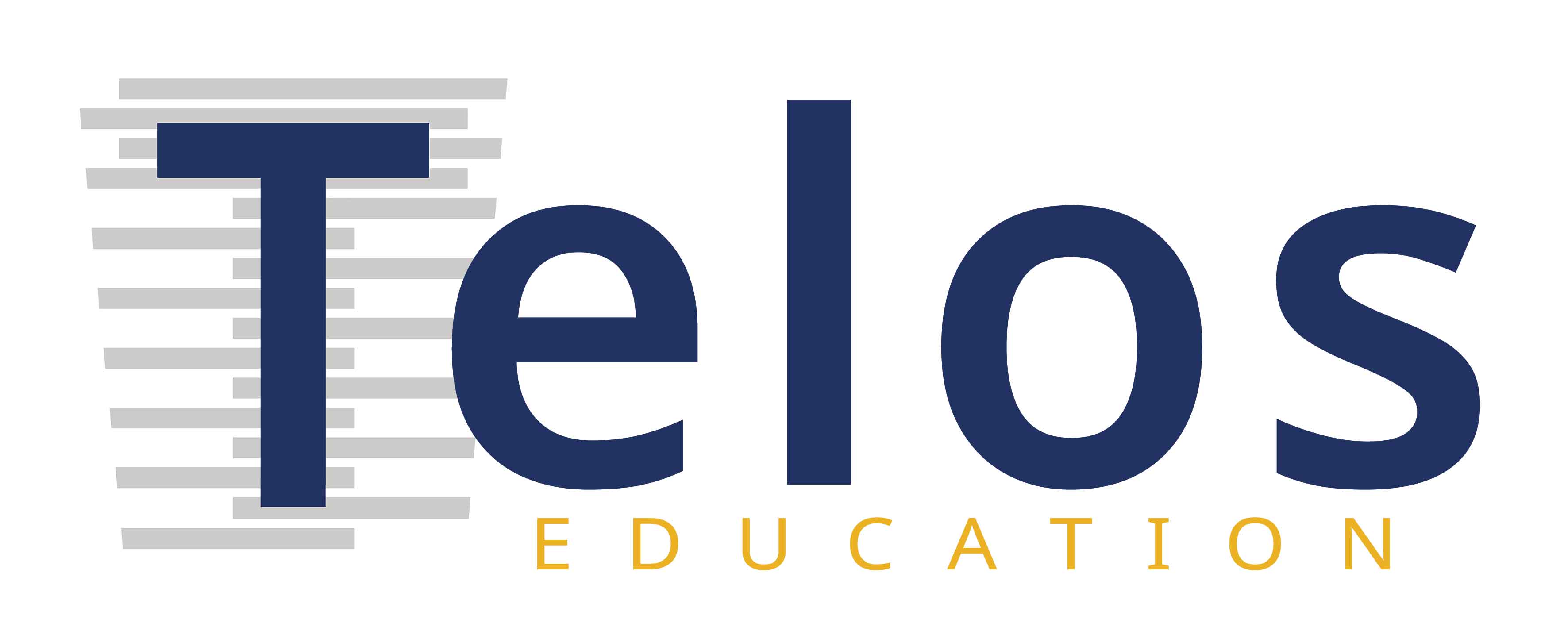
Recovering from COVID Enforced Online Learning
The shift in Hong Kong to a predominantly online curriculum during these uncertain times is having differing impacts on students. For some, learning online presents numerous benefits. They are able to minimise distractions associated with large classrooms and focus purely on their studies. Other students, who learn best through a more hands-on and personal approach, have struggled with the transition to online learning where opportunities for interaction are at a minimum.
What's been missing?
Regardless of the individual academic impact, minimising time spent in the physical school environment deprives students of valuable experiences that are important for healthy mental and social development. The classroom is a unique setting where discussions take place, interests are explored, friendships are built, competition is fortified, and opportunities to cooperate with fellow classmates all contribute to the development of vital social skills. Learning in the classroom does not just occur through the instruction of a teacher, it manifests through secondhand learning, social inspiration, and demonstration from peers. These aspects of the classroom embolden children to stay motivated, and helps them to pour additional efforts into their less favourable subjects. The combination of discussions, games, classroom activities, and general social interaction with both peers and adults can immeasurably contribute to the advancement of positive self-esteem, self-confidence, and the building of a sense of identity.
Over the course of the last COVID impacted year, it would be unfair to say that virtual learning completely excluded socialisation opportunities as children are still afforded the chance to communicate with peers and contribute to class-based activities. Virtual learning may also have assisted some children in developing a higher level of comfort in public speaking, especially when responding to questions, as unlike the classroom, there is little chance of blending into the background. Whilst this was a necessary alternative to classroom learning and eased the pressure of disrupted schooling, many children and parents alike felt the strain of COVID enforced online learning.
The reality of education reverting back to a predominantly in-person setting can invoke feelings of apprehension and uncertainty. So, how can you prepare for the shift back to the classroom from the virtual world?
Knowledge and Communication
Communicating with your child about their expectations, anxieties, wants, and wishes regarding returning to the classroom is an important first step in making them feel more at ease with the shift from online to face-to-face learning. Providing reassurance that it is natural to feel nervous, and that it may take a little time to feel completely comfortable, is essential when creating positive foundations before they re-enter full time classroom learning. As a parent, you too may naturally feel a slight level of apprehension for the return. Safety issues aside, you may have concerns that your child has not developed academically from virtual learning as much as their peers and may be falling behind in certain subjects. Whether this is the case, or whether your child has excelled during the periods of online instruction, an academic checkup can be a useful tool to provide insight into how the shift to online learning has impacted their development, positive or negative.
Socialising
Whilst this may seem obvious, it has been relatively easy to become lost in the world of technology during the last few months, especially with social restrictions. Children have become more and more content with talking to their friends through gaming consoles, phones, and tablets. Actively socialising your children, and encouraging them to leave the house to see their close friends, or attend sporting sessions or out-of-class lessons (if performed safely and restrictions allow), will prevent them from feeling too overwhelmed when re-entering a school full of children.
Revisit Handwriting
For many children, since the implementation of virtual learning, writing has not been at the forefront of their education. Often, Zoom classes require the verbalisation of a student’s answers or orientates the lesson around inputting student responses online. Generally, this means your child may not have been physically writing out their work for an extended period of time. As with any activity, getting back into the swing of things takes some time to adjust. It is helpful to introduce some handwriting activities at home, before and during the return of face-to-face classes. Fun handwriting activities, like creative writing, or playing word games on paper, will re-familiarise your child with the concept of holding a pencil, and will allow you to monitor the neatness and quality of your child’s writing in order to make a judgement call as to whether they need any extra support or additional practice.
Routine
Currently, the term ‘routine’ may seem like an alien concept as school timetables are in disarray and after-school curriculums continually having to alter start dates. However, trying to establish your own routine within the household can have a significant constructive influence upon your child’s ability to adapt to returning to school. Instigating consistent sleep routines, alongside prioritising study time each day, starts to normalise a higher level of consistency in your child’s life, and makes the shock of waking up for and going to school each day less jarring.
© 2022 Telos Education
